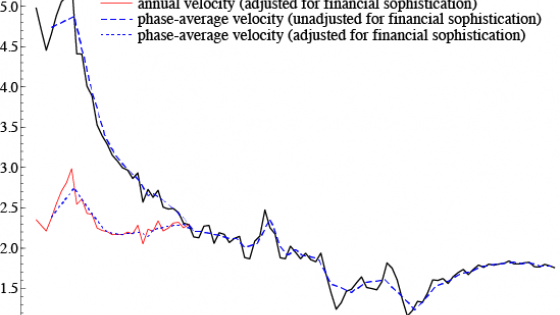DP7895 Does aggregating forecasts by CPI component improve inflation forecast accuracy in South Africa?
Inflation is a far from homogeneous phenomenon, a fact often neglected in modelling consumer price inflation. This study, the first of its kind for an emerging market country, investigates gains to inflation forecast accuracy by aggregating weighted forecasts of the sub-component price indices, versus forecasting the aggregate consumer price index itself. Rich multivariate equilibrium correction models employ general and sectoral information for ten sub-components, taking account of structural breaks and institutional changes. Model selection is over 1979-2003, with pseudo out-of-sample forecasts, four-quarters-ahead, generated to 2007. Aggregating the weighted forecasts of the sub-components does outperform the aggregate CPI forecasts, and also offers substantial gains over forecasting using benchmark naïve models. The analysis also contributes an improved understanding of sectoral inflationary pressures. This forecasting method should be more robust to the regular reweighting of the CPI index.

